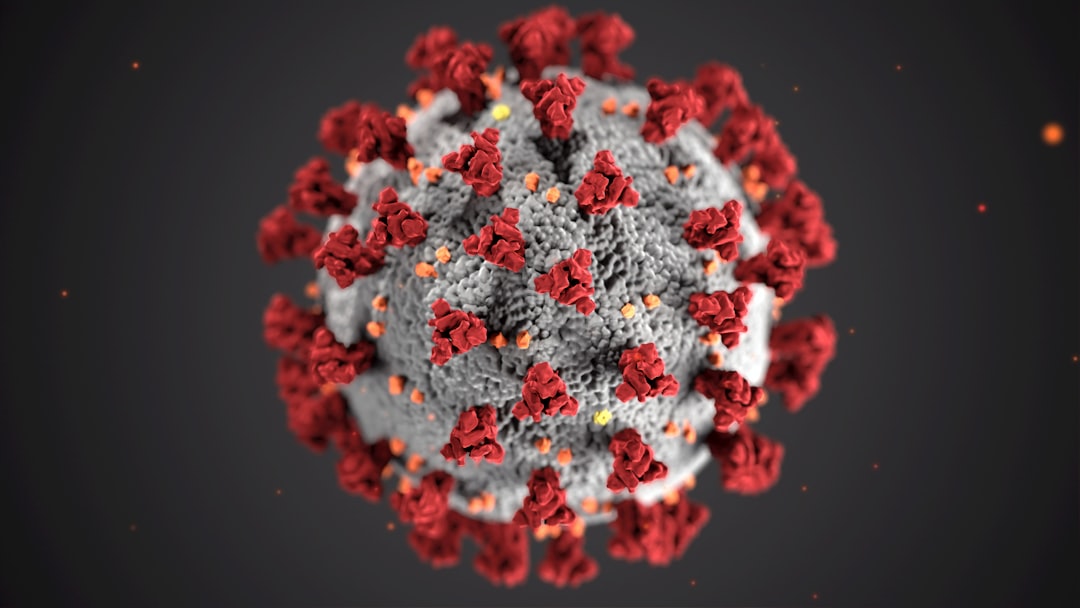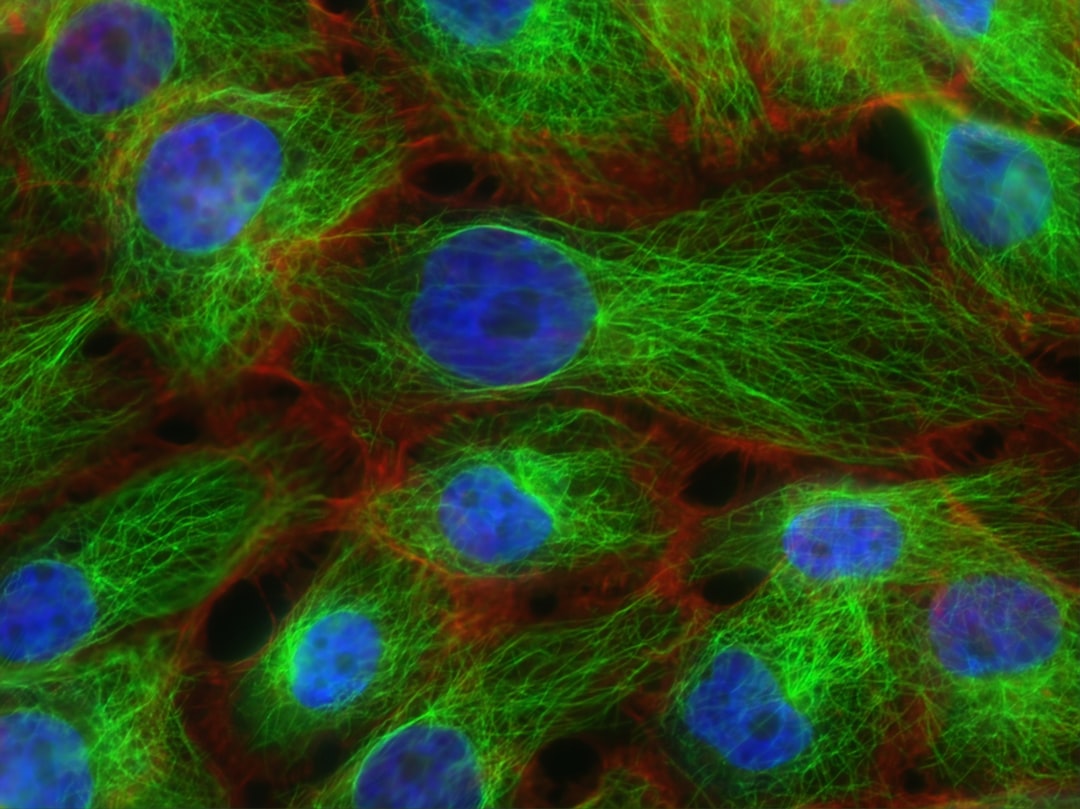What is it about?
Inflammation and reactive oxygen species (ROS) production have recently considered as key mechanisms in the pathogenesis of Kaposi’s sarcoma (KS). Since mitochondria are the major source of ROS production, mtDNA haplogroups may play a main role in KS development. However, there are no studies in this area. The focus of this study was to investigate the mtDNA variants and haplogroups in KS patients and their relationship to tumor development. A strong positive correlation was observed between UK cluster and decreased risk of KS. Our results suggest that the UK cluster might be a protective haplogroup for KS development. It is probably superhaplogroup UK, with lower ATP and ROS production, may prevent KSHV reactivation from latent to lytic phase that is essential for KS development.
Featured Image
Why is it important?
This is the first study in the world to investigate the role of mtDNA haplogroups in Kaposi’s sarcoma development.
Perspectives
It is important to gain more information on mechanisms lead to Kaposi’s sarcoma development.
Dr Somayeh - Jalilvand
Tehran University of Medical Sciences
Read the Original
This page is a summary of: Mitochondrial haplogroups and control region polymorphisms in Kaposi's sarcoma patients, Journal of Medical Virology, April 2015, Wiley,
DOI: 10.1002/jmv.24197.
You can read the full text:
Resources
Contributors
The following have contributed to this page










